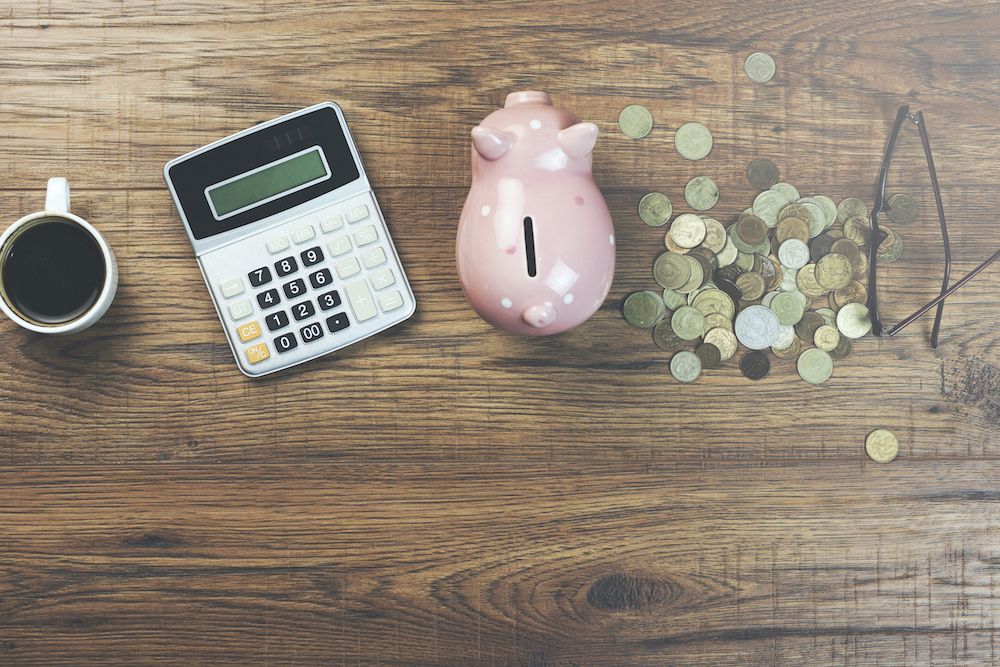 You know what they say: With a new year comes a time for new goals.
You know what they say: With a new year comes a time for new goals.
But when it comes to your finances, what kinds of goals should you be setting for yourself?
We’ve got some ideas in mind. Here are 7 things that we recommend everyone in debt start doing.
1. Build an Emergency Fund
Without any savings to fall back on, it’s all too easy to resort to your credit card when you’re in a bind. To avoid this from happening, start creating an emergency fund that you can fall back on when money’s tight. Even just setting aside $50 or $100 a month can add up and make a big difference over the course of a year.
2. Pay Off Your Credit Card Debt
This one probably goes without saying, but you should be paying off your credit cards each month. Pay off the credit card with the highest interest first (or at least make the largest monthly payments towards that card). And make sure you are paying more than the minimum payments; doing so could save you hundreds, or even thousands, of dollars in interest.
3. Make Some Side Cash
Have a yard sale and sell some of the junk (or non-junk) that’s lying around your house. Drive for Uber. Babysit. Get a freelancing job. There are a million and one ways to make some money on the side if you aren’t making enough from your full-time job. Earning just a little bit more each month can help you with that emergency fund or paying off your credit card debt.
4. Cut Back on Expenses
When creating a budget for yourself, think of a few (or at least one) area that you can cut back on. Do you really need cable if you have Netflix and Amazon Prime? Can you do without that Starbucks Latte every morning? Think of some of the monthly expenses that you can do without or replace with a cheaper alternative.
5. Track Your Expenses
In addition to creating a daily, weekly and monthly budget for yourself, you should be tracking your actual expenses as you spend. Each time you make a purchase, whether it’s a flat screen TV or a bottle of water, write it down. You can use one of the many budgeting apps out there. Or if you are more of a pen-and-notebook person, write down your expenses in a notebook. Find something that works best for you and that you’ll stick with. Then at the end of each day, week and month, review your expenses to make sure you’re staying within your budget.
6. Stop Accumulating Debt
If you really want to get out of debt, you need to commit to yourself to stop accumulating more debt. You may be paying off your credit card each month, but if you keep using your credit cards, even on a spontaneous basis, you’re not doing yourself any long-term favors. Make 2018 the year that you don’t use your credit cards at all or accumulate any more debt. Take your credit cards out of your wallet and if you have to, do the old freezing trick so that you won’t be tempted to use them.
7. Think Long-Term
When do you expect to get completely out of debt—and how? Are you saving for retirement? These are questions that you should be asking yourself. No matter how young you are, it’s never too early to start thinking about and preparing for the future.
Need help setting your goals for the new year? Set up a free counseling session with us or give us a call at 800-920-2262.




